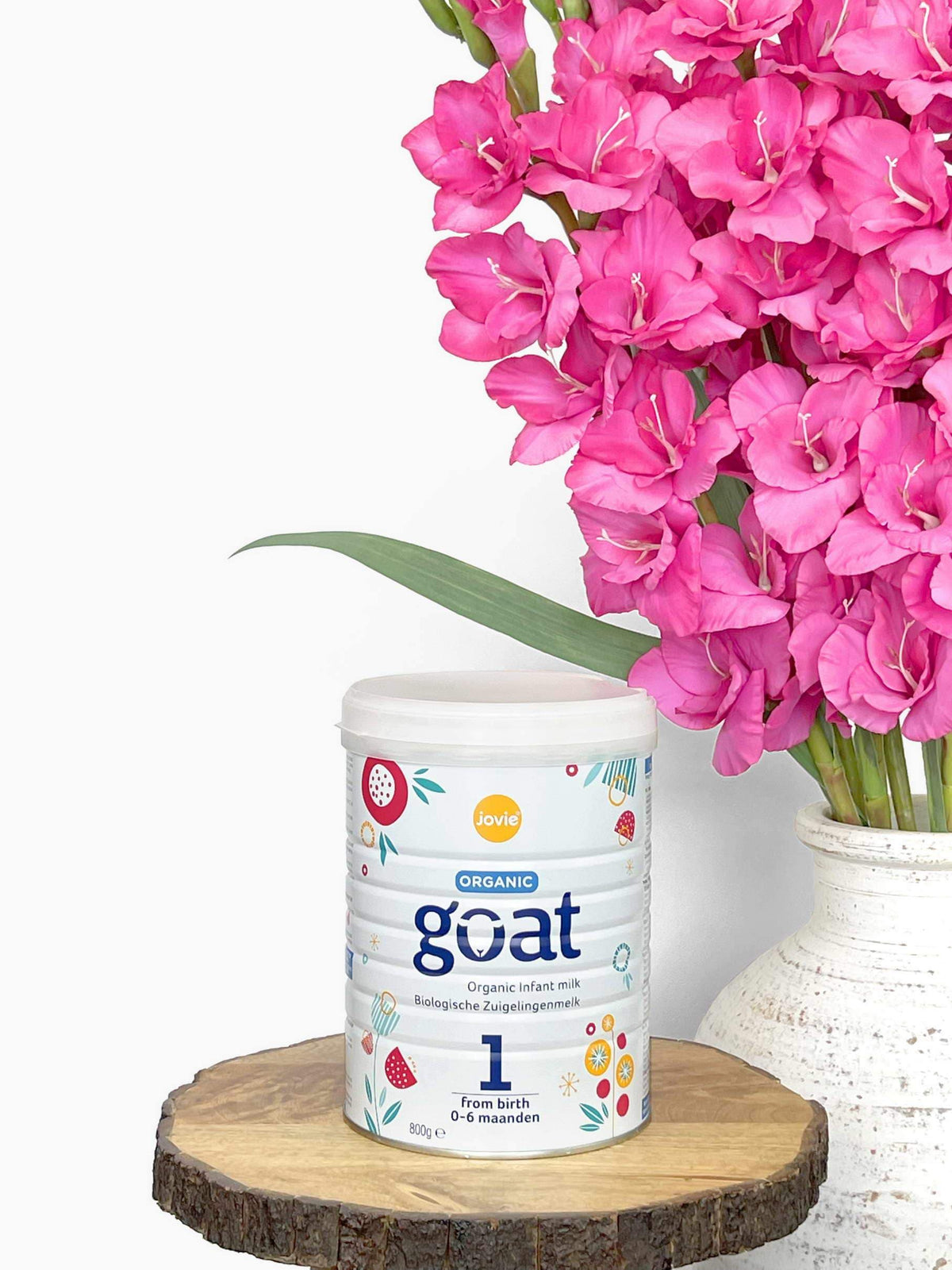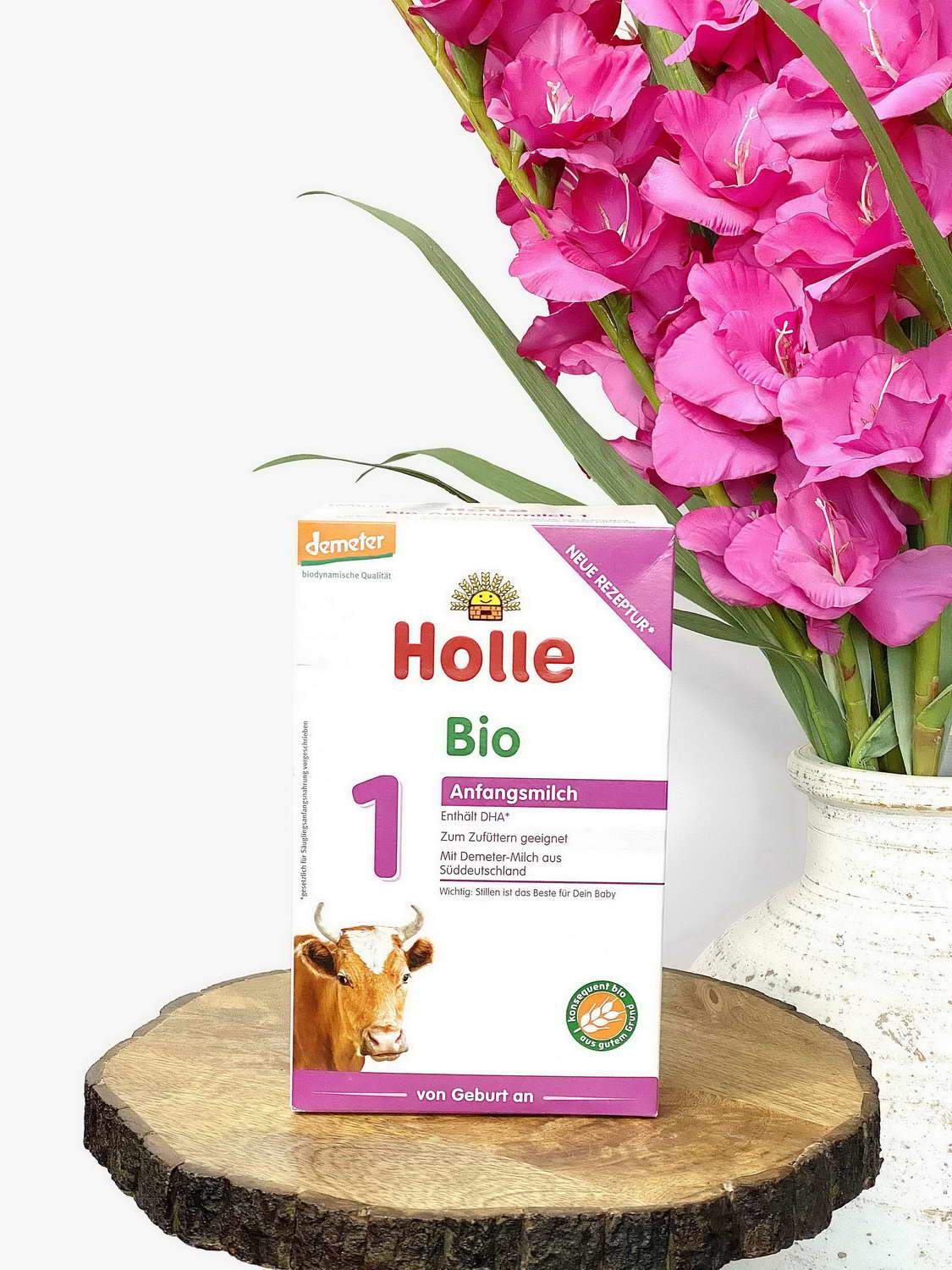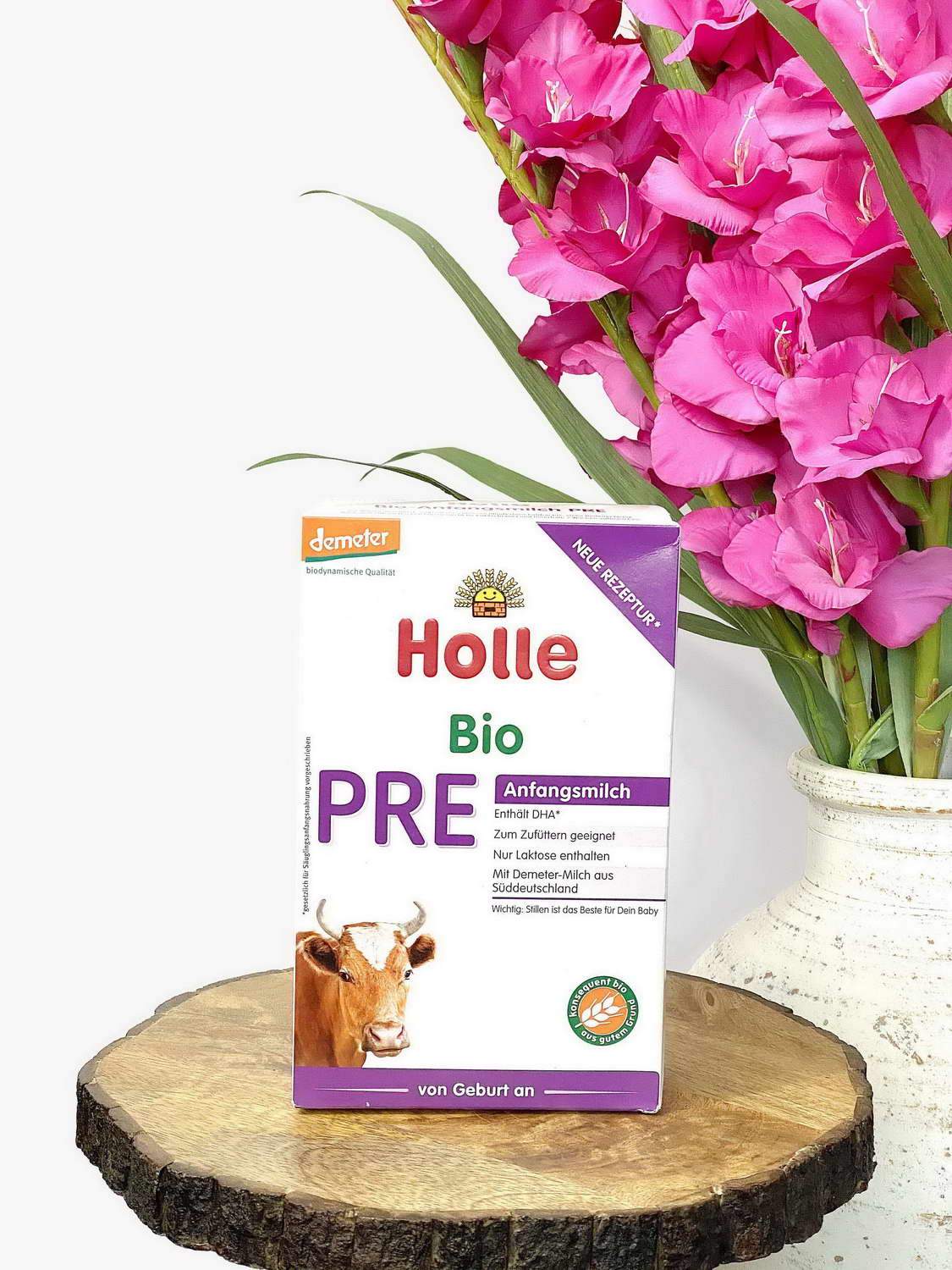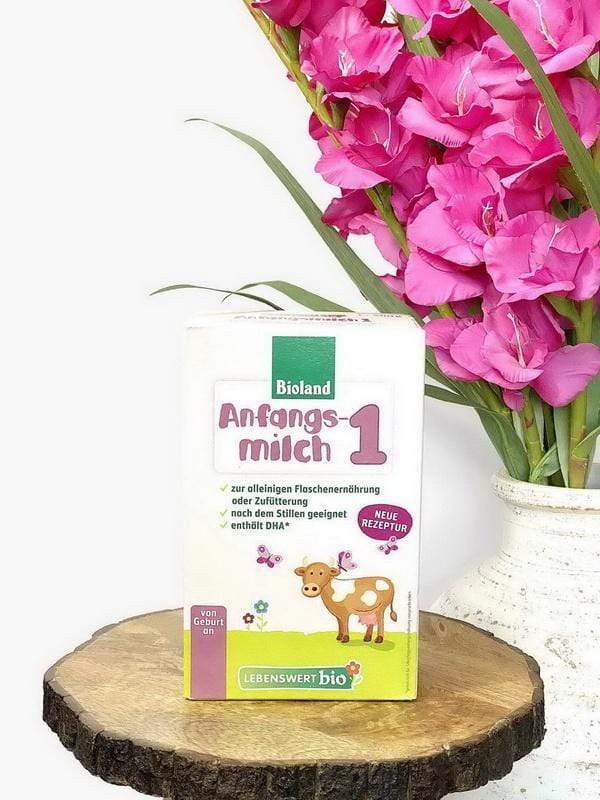Your cart is empty
Shop formulasYou have not added any favorites yet.
Shop formulasRecommended products

Baby Formula Myths
When it comes to Google, you can find just as many opinions about baby formula as you can evidence-based articles. Some sites are dedicated to promoting breastfeeding, yet because of health or social problems, it isn’t always feasible.
If you’re contemplating between bottle and breastfeeding, here’s what you must know to help you debunk the baby formula myths online.
Table of Contents
1. Myth 1: Bottle feeding is selfish.
2. Myth 2. Babies do not bond with mothers unless they are breastfed.
3. Myth 3: Babies who are breastfed and bottle fed get confused.
4. Myth 4: Mothers who skip feedings experience a milk production disruption.
5. Myth 5: Breastfed babies are cognitively smarter than formula-fed babies.
6. Myth 6: Baby formulas lack the same nutritional value as breastmilk.
7. Myth 7: Organic baby formula is the closest to breastmilk.
8. Myth 8: Breastmilk is healthier than baby formula.
9. Myth 9: Baby formula causes an increase in baby weight gain.
10. Myth 10: Parents should use cereal if a baby formula does not satisfy babies.
11. Myth 11: Breastfeeding moms lose weight faster than bottle-feeding moms.
12. Myth 12: You should change the formula if your baby has a sensitive stomach.
13. Myth 13: Bottle-feeding preparation takes less time than breastfeeding.
14. Myth 14: Babies who bottle-feed can have serious allergic reactions.
15. Myth15: Bottle-fed babies have a higher risk of diabetes than bottle-fed babies.
16. Conclusion
Myth 1: Bottle feeding is selfish.
You’ll find that some medical professionals and breast-feeding parents will try to guilt new moms into breastfeeding by saying bottle-feeding is a selfish decision. What some fail to realize is that babies can be allergic to breastmilk (as mom's diet might affect the milk).
Furthermore, a mother may have an infectious disease that makes babies susceptible to it through feedings. Some also need a baby formula for a sensitive stomach. There are also common food sensitivities in breastfed babies that formulas help.
Some mothers who breastfeed believe the myth that mothers are either lazy or selfish when they refuse to breastfeed, disregarding the fact that it may not even be an option for some parents. Pediatricians debunk this myth because they often recommend formulas when there are problems with breastfeeding or when a baby is fussy after feedings.
Breastfeeding, for some babies, hinders normal growth milestones when they do not get proper nutrients. For moms and babies who can’t breastfeed, organic baby formula is the next best option
Myth 2: Babies do not bond with mothers unless they are breastfed.
A prevailing myth about baby formula says that infants do not bond as well with mothers unless they are breastfed. Research shows there is no link between bonding and feeding type.
Mothers also report a higher rate of daytime fatigue with breastfed babies. This data infers that babies often found a greater sense of fulfillment when consuming a bottle-fed baby formula.
Contact of breastfed and bottle-fed mommies and babies result in similar experiences. This myth is somewhat frustrating as mothers claim skin-to-skin contact creates the bonding, yet mothers hold babies when bottle-feeding and interact in the same manner.
One must also question that if mothers who don’t breastfeed cannot bond, what does that say for fathers who do not feed?
Myth 3: Babies who are breastfed and bottle fed get confused.
Can a baby be breastfed and bottle-fed? Some mothers choose to use a pump or a baby formula to feed babies when not available to do so. If you are a working mother, you know this all too well.
You’ve also likely been told by other mothers that babies who are breastfed and bottle-fed get confused. While there is a low rate of babies who experience nipple confusion, there is no direct link between babies being able to alternate between breast and bottle feeding.
Pediatricians often tell new moms to use both feeding options, most notably when babies have upset stomachs or are not meeting growth milestones. There is no evidence to support babies must be fed with breastmilk or baby formulas either.
It is perfectly normal to breastfeed when able and bottle feed as an alternative when mothers cannot. Babies readily adapt to the changes.
Myth 4: Mothers who skip feedings experience a milk production disruption.
Did you know that your body and breastfeeding practices dictate breastmilk production? The more your baby eats, the more breastmilk the body will produce.
This fact leads to myths about baby formula in that moms think if they use less, the body won’t supply the required milk supply needed to feed.
Even when a mother substitutes baby formula in feedings, the breasts will not dry up. The body will also adjust its production based on how often a baby requires milk.
Myth 5: Breastfed babies are cognitively smarter than formula-fed babies.
You’ve likely heard breastfeeding parents repeat the myth that breastfed babies are cognitively smarter than formula-fed babies. Most baby formulas have DHA and ARA to improve brain development, immunity strength, and organ development.
U.S. and E.U. laws require essential nutrients for just such a purpose. Factors like access to education, genetic influence, and social surroundings have a greater effect on cognitive advancements than a baby’s feeding preference.
Myth 6: Baby formulas lack the same nutritional value as breastmilk.
Baby formulas and breastmilk are not the same because of production differences but they have similar qualities that make them both acceptable forms of feeding. Formula makers use similar ingredients (goat milk vs cow milk) that create a similar ingredient consistency like breastmilk.
Whether you decide to breastfeed or bottle-feed, both feeding types contain the nutritional value needed for normal brain and growth development. Parents need to talk openly with pediatricians about the differences between breastfeeding and bottle-feeding before choosing the best option.
Myth 7: Organic baby formula is the closest to breastmilk.
Some companies market myths that the most expensive organic baby formulas are the closest to breastmilk. It’s important to understand that all baby formulas are regulated and must meet nutritional guidelines.
Formulas made in the E.U. meet stricter requirements than in the US, but organic formulas in general use cleaner ingredients through methods like biodynamic farming, which makes them a preferred option.
All baby formulas are made to mimic breastmilk in some way, but there are also some additives or organic ingredients that differentiate between the brands. They often include vitamins and minerals or are specialized for babies who have upset stomachs. A baby allergic to ingredients from mom's breastmilk while breastfeeding may require a product like HiPP Sensitive Formula because of food intolerances.
Also, formulas like Kendamil and Loulouka use whole milk ingredients to mimic the foremilk and hindmilk that babies receive from breastfeeding. This allows babies to get all the fat needed for proper development through their fromula- if their bodies are not sensitive to cow milk.
Myth 8: Breastmilk is healthier than baby formula.
There are nutritional variations between breast and baby formula, but the levels do not affect the growth expectations of infants and children.
As noted, all baby formulas must meet industry standards, so there is no difference between these two feeding types. Baby formula brands like Holle are similar to breastmilk and provide additional fats for brain development and immunity.
Myth 9: Baby formula causes an increase in baby weight gain.
Does formula make babies gain more weight? There is some discussion around this issue. You’ll find a lot of variables that can affect the outcome of this myth about baby formula.
Research shows that formula-fed babies have less trouble gaining weight than breastfed ones, but there are no differences in meeting normal growth charts and developmental expectations.
There is also the factor that bottle-fed parents might try to get babies to finish the recommended bottle-feeding ounces, while breastfed parents often let babies determine when they want to stop taking the breastmilk.
If a breastfed baby does not feel fulfilled during each feeding, it could lead to more frequent feedings. Bottle-fed babies are usually more satisfied after each feeding, which allows less feedings needed per day. Either way, by the end of the day, both breastfed and bottle fed babies should be getting the proper nutrients needed for normal weight gain.
Myth 10: Parents should use cereal if a baby formula does not satisfy babies.
Adding cereal to a baby formula is an old wive’s tale that came from being unsatisfied with milk feedings. There is no basis for this myth because there are usually underlying issues that cause the problem.
If your baby is unsatisfied with breast or bottle feedings, it’s important to speak with your pediatrician before making dietary changes since it can affect a baby’s digestive tract.
Infants and younger babies do not require additional resources such as cereal in their diets. Finding a baby formula that has the right nutritional balance is all one needs for proper growth.
There is no research available that shows adding cereal increases the risk of obesity, but there are studies that show it could affect overeating with age. Finding a baby formula by stage is helpful, as it will align with the proper amount of nutrients needed for the age of the baby.
Myth 11: Breastfeeding moms lose weight faster than bottle-feeding moms.

Baby formula myths also say that formula-feeding moms do not lose weight as fast as when breastfeeding.
While doctors do believe it is possible, there is no evidence to suggest that lactating moms have an advantage in weight loss.
The reasoning behind this myth is that a breastfeeding mom burns calories while breastfeeding.
Please note, this mom also has to intake more calories for the body to produce the breastmilk.
Furthermore, this mom is more than likely forced to sit and be less active due to the constant feedings.
Proper diet and exercise have a greater influence on weight loss than does breastfeeding.
Speak to your doctor for specific advice.
Myth 12: You should change the formula if your baby has a sensitive stomach.
You should never change your baby formula until you speak with your pediatrician because he or she may require a specialized brand.
If your baby requires a baby formula for a sensitive stomach, choosing a sensitive formula like Holle Goat or HiPP HA will improve one’s health.
Myth 13: Bottle-feeding preparation takes less time than breastfeeding.
This is an interesting debate that does not affect a baby’s health or happiness, but some breastfeeding consultants claim bottle-feeding preparation takes less time than breastfeeding.
This debate is about preference. If you choose to breastfeed, all babies are not able to begin sucking because of latching issues. Neither feeding type is instantaneous or simple to perform in this case.
There is also some debate that formula feeding is easier to prepare and feed. Bottle-feeding parents have to wash and sterilize bottles and nipples before usage.
It also takes a bit of time to prepare if you use a powdered formula like HiPP Dutch. Parents must warm the milk and test it before a baby formula feeding can begin. Both types require multiple steps to accomplish.
Myth 14: Babies who bottle-feed can have serious allergic reactions.
Proponents of breastfeeding often believe that babies who bottle-feed have a higher risk of allergic reactions, but no evidence supports this belief. Baby formulas undergo extreme levels of scrutiny when it comes to nutrition and safety.
No data suggests that bottle-fed babies are more susceptible to allergic reactions. Formula manufacturers produce allergy formulas that will help.
Myth 15: Bottle-fed babies have a higher risk of diabetes than bottle-fed babies.
Myths about baby formula also suggest that there is an increased risk of diabetes in bottle-fed babies. Research on this subject show that studies indicate a slightly lower risk when breast-feeding, but also state that it is impossible to prove for sure because of study variables that could alter the findings.
Furthermore, the type of formula is very important to consider. Did the formula have added sugar to the ingredients? Our organic EU formulas absolutely do not.
Other studies show healthy eating habits negate the research results. Until the variables can be addressed individually, the increased risk of diabetes in all formulas is completely false.
Conclusion:
Many formula myths have more to do with personal experiences rather than facts or scientific research. My Organic Company relies on health and safety, industry studies, and product manufacturing research to discover the best baby formulas for parents to choose from.
If you are unsure of which baby formula is best for your baby, you can contact us to ask for expert advice.
















